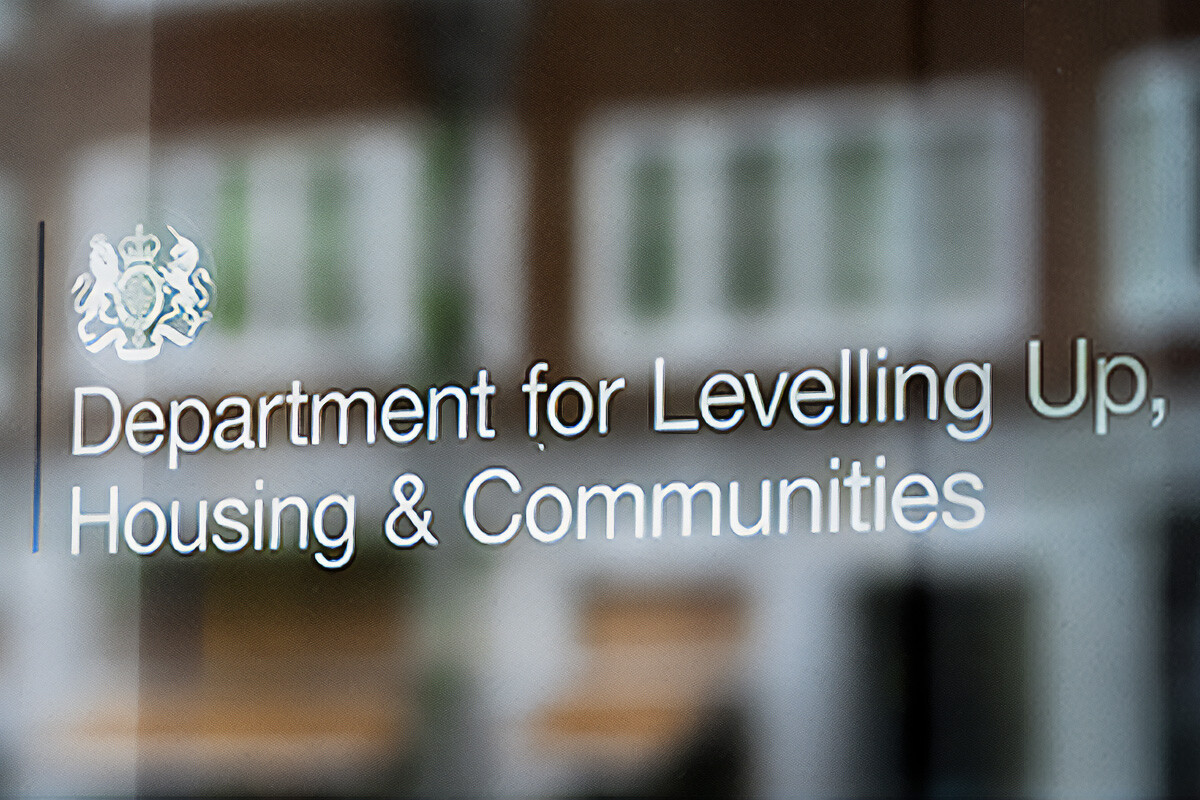As the UK Government advances a consultation on new regulations in social housing, landlords are facing a critical moment. These regulations propose granting tenants new rights to access detailed information about their homes, such as issues related to damp, mould, and overall health and safety standards. While these changes aim to enhance transparency and accountability, they also bring new challenges and responsibilities for landlords.
The consultation reflects an increasing demand for transparency in the social housing sector, especially following the Grenfell Tower tragedy. This demand has intensified the focus on tenant safety and housing quality. The proposed framework seeks to empower tenants by providing them with crucial information about their living conditions, thereby holding landlords accountable for maintenance and safety standards. Under these new rules, landlords would be required to provide detailed information about their properties, covering aspects like dampness, mould, fire hazards, and structural integrity, at no cost to the tenants.
Potential Impacts on Landlords
The proposed consultation regarding granting tenants access to detailed information about their homes represents a significant change in the social housing sector. These potential regulations would have significant implications for landlords, impacting several areas:
1. Increased Scrutiny and Accountability
With the new regulations, landlords will likely face increased scrutiny and accountability. Tenants, equipped with comprehensive information, may become more vigilant and assertive in raising concerns. This transparency could lead to a rise in disputes or complaints, particularly if landlords fail to address identified issues promptly. Moreover, the role of the Housing Ombudsman will become more prominent, providing tenants with a formal channel to challenge perceived inadequacies in housing conditions.
2. Financial and Operational Implications
Implementing these regulations may require substantial financial investments from landlords. Costs could arise from:
- Upgrading Record-Keeping Systems: Landlords will need efficient, possibly digital, systems for maintaining and providing access to housing data.
- Property Audits and Inspections: Regular, comprehensive audits may be necessary to ensure all aspects of property conditions are documented accurately.
- Maintenance and Repairs: Proactive maintenance to address issues like damp and mould will be crucial, potentially leading to increased repair costs.
3. Legal and Compliance Considerations
The new regulations will also require landlords to ensure they fully understand these requirements and are prepared to comply. This might involve updating tenancy agreements, revising data privacy policies, and establishing new protocols for information requests.
Steps Landlords Should Take Now
Landlords must prepare for the financial and operational burdens of ensuring compliance, such as conducting thorough property audits and enhancing record-keeping systems. Furthermore, they will face new legal and compliance challenges, necessitating a careful review and adaptation of their practices. Here's how you can prepare your property ahead of the changes:
1. Conduct Comprehensive Property Audits
Before the regulations take effect, landlords should perform thorough audits of all properties. These audits should:
- Assess the presence and severity of issues like damp, mould, and structural defects.
- Review fire safety measures and compliance with current regulations.
- Document all findings meticulously, ensuring data accuracy.
This proactive approach will not only help in identifying and rectifying issues early but also provide a clear record of property conditions, which could be crucial in mitigating potential disputes.
2. Invest in Modern Record-Keeping Systems
Landlords will need robust record-keeping systems to comply with the new information access requirements. Investing in digital solutions can streamline this process, making it easier to store, retrieve, and share information. Key features to consider include:
- Data Security: Ensuring that tenants' personal information is protected in compliance with data protection laws.
- User-Friendly Access: Systems should allow tenants to easily request and receive information.
3. Enhance Communication and Tenant Relations
Building a transparent and communicative relationship with tenants can preempt many issues that might arise under the new regulations. Landlords should:
- Establish Clear Communication Channels: Provide tenants with multiple avenues to voice concerns and request information.
- Educate Tenants: Inform tenants about their rights and how they can access property information.
- Respond Promptly: Develop protocols to ensure timely responses to tenant inquiries and issues.
4. Plan for Increased Maintenance and Repair Costs
Landlords should anticipate potential increases in maintenance and repair costs, particularly if audits reveal widespread issues. Budgeting for these expenses now can prevent financial strain later. Consider setting aside a contingency fund specifically for addressing the types of issues highlighted in the consultation.
5. Seek Legal and Professional Advice
Given the potential legal implications, it is advisable for landlords to consult with legal experts to:
- Review and Update Tenancy Agreements: Ensure that contracts reflect the new rights and obligations under the anticipated regulations.
- Understand New Compliance Requirements: Gain clarity on what specific data must be disclosed and how to manage tenant requests for information.
Threat or Opportunity?
While these proposed regulations present challenges, they also offer landlords opportunities to improve their operations and tenant relations. By embracing transparency and accountability, landlords can build trust and enhance the quality of their housing stock. This can lead to higher tenant satisfaction and potentially lower turnover rates, contributing to a more stable and profitable rental market.
Proactive engagement seems to be the best solution. Landlords who proactively adapt to these changes can position themselves as leaders in the sector, potentially benefiting from positive public perception and reduced regulatory scrutiny. Staying informed and flexible will be essential in navigating this evolving landscape.





.png)